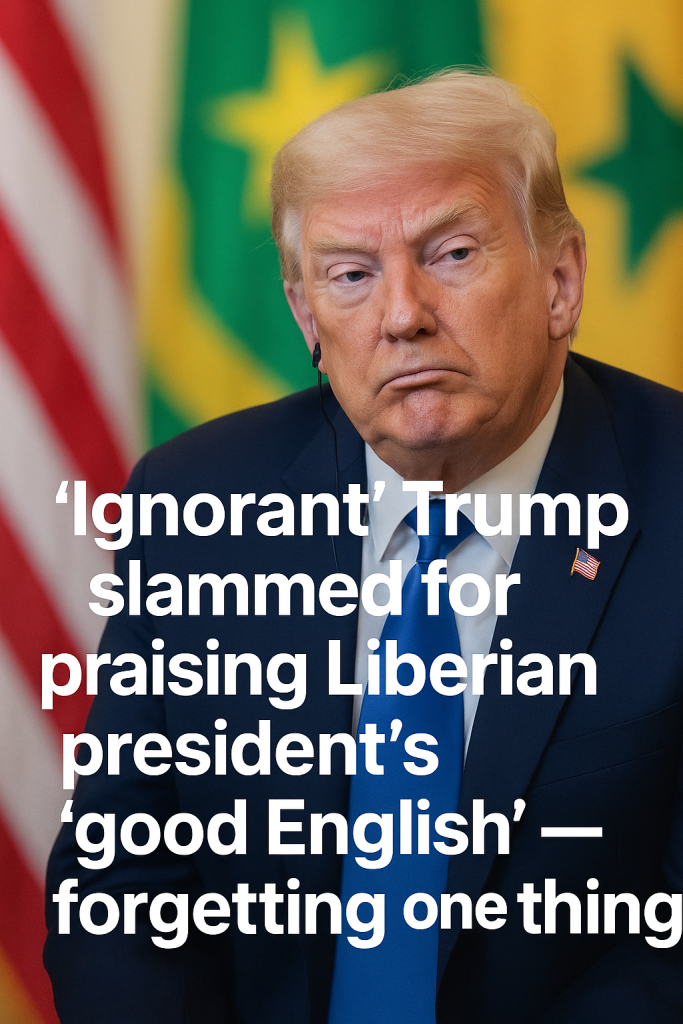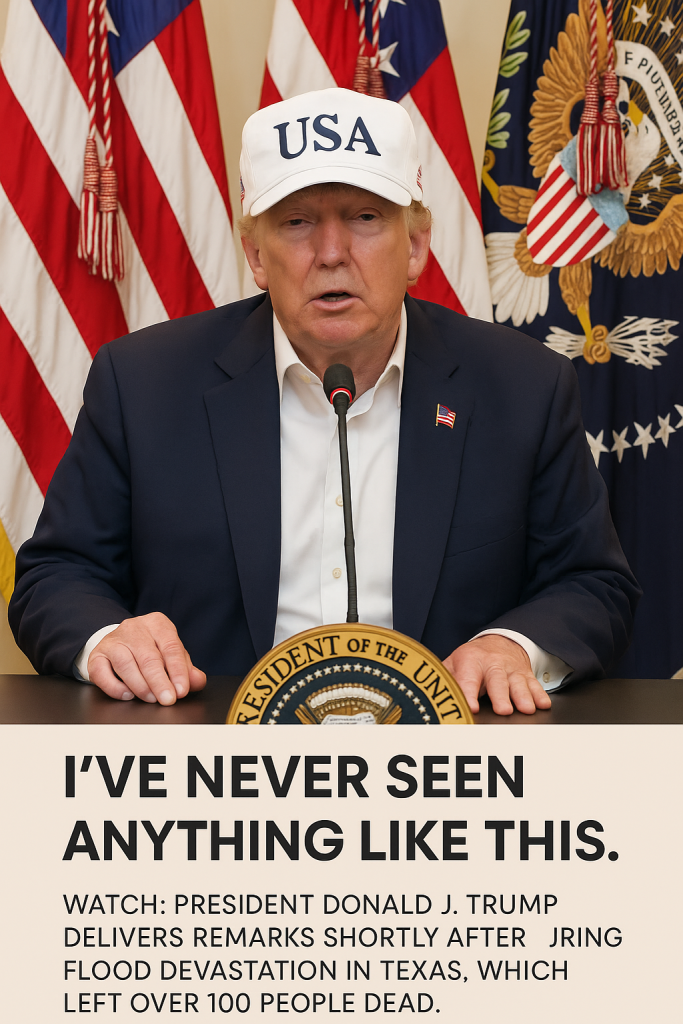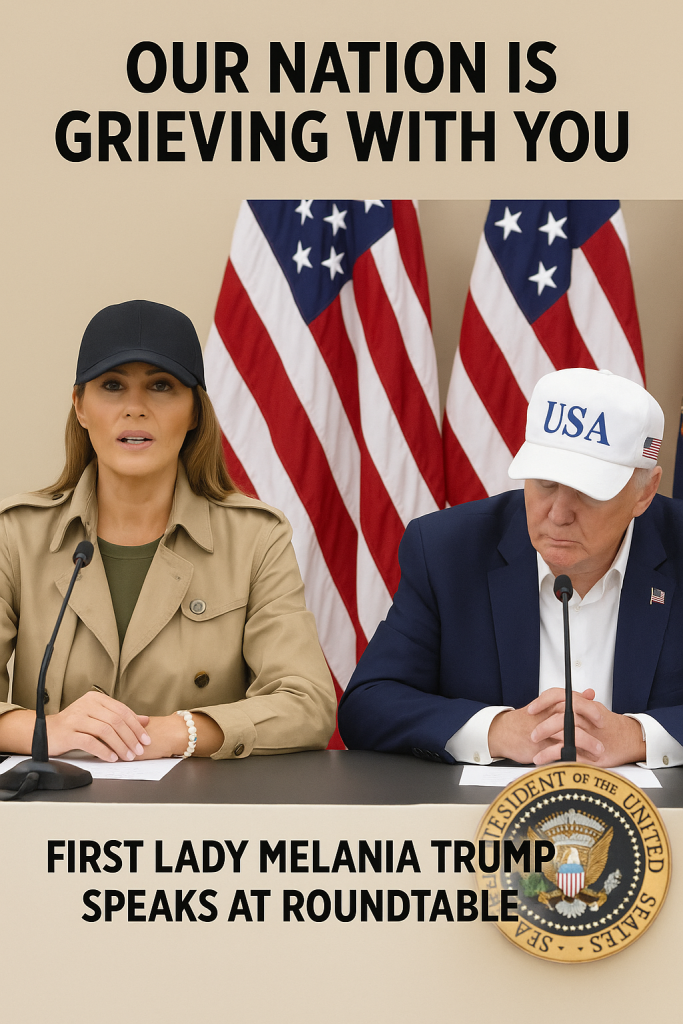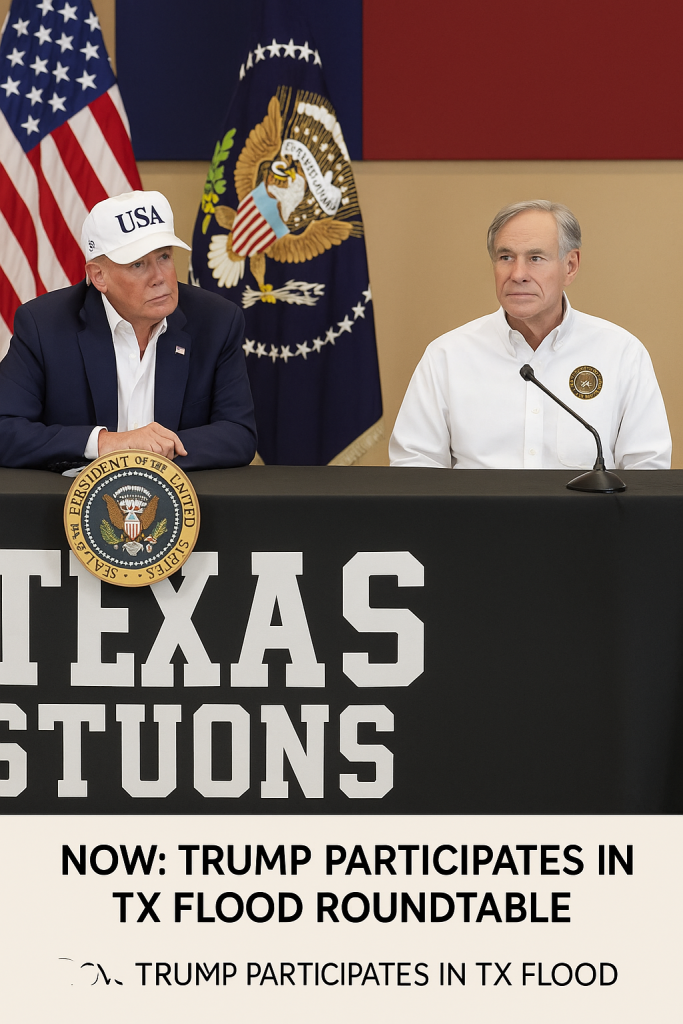Former U.S. President Donald Trump found himself at the center of controversy after publicly praising the Liberian President for his “good English.” The comment, made during a recent meeting, was widely criticized on social media and by political commentators, many of whom called the remark ignorant and tone-deaf.
In the exchange, Trump complimented Liberia’s leader on his language skills, emphasizing how impressive it was that English — a language many associate primarily with Western countries — was so well spoken in Liberia. However, critics quickly pointed out that Liberia’s history makes this praise problematic at best, and unintentionally offensive at worst.
Liberia, a country on the West African coast, was founded in the early 19th century by freed African-American and Caribbean slaves seeking a new life free from oppression. As such, English is one of its official languages, deeply rooted in the nation’s unique history and cultural identity. This historical context renders Trump’s praise as somewhat patronizing, as if Liberians speaking English were an unexpected novelty.
Social media users and commentators were quick to condemn the former president’s remarks, accusing him of displaying a lack of awareness about African nations and their histories. Many found the comment reminiscent of a colonial mindset that tends to express astonishment at the linguistic or cultural accomplishments of former colonies or nations with ties to Western history.
Some users emphasized that the Liberian President’s English fluency should not be singled out as unusual; instead, it should be recognized as a reflection of the country’s educational system and its historical ties to the English language. The backlash highlighted a broader conversation about the way leaders and public figures discuss Africa — often perpetuating stereotypes or ignoring complex cultural realities.
This episode underscores a persistent issue: how language proficiency is sometimes inappropriately used as a proxy for intelligence or competence, especially when it comes to global leaders from non-Western countries. Critics argue that celebrating a leader’s command of English without acknowledging the colonial or historical reasons for that fluency simplifies and distorts important contexts.
Trump’s comment also reignited discussions about the treatment of African nations on the global stage, where cultural misunderstandings and ignorance can have diplomatic repercussions. As world leaders navigate increasingly globalized relationships, awareness and sensitivity toward historical contexts become ever more crucial.
Though the Liberian President did not publicly respond to the comment, many observers noted that Liberia’s role as Africa’s oldest republic and its unique legacy should command respect beyond superficial acknowledgments of language skills. The criticism directed at Trump serves as a reminder of the nuances that accompany international diplomacy and the importance of cultural competence among world leaders.
In conclusion, what may have been intended as a simple compliment instead exposed deeper gaps in understanding historical and cultural realities, fueling a wave of criticism and calls for increased awareness. For many, it was a clear example of how seemingly innocuous remarks can reveal underlying ignorance with far-reaching implications.



